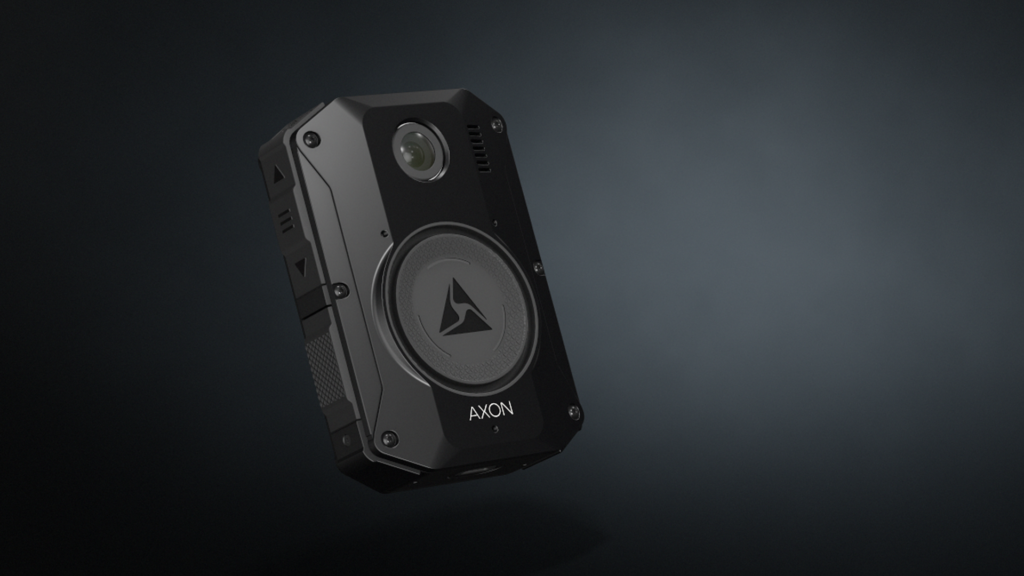Body Camera
Wearable cameras allow for filming of interaction between officers and members of the University community. The cameras are smaller than many cell phones, but they provide excellent audio and video evidence.

Frequently Asked Questions
All Security Officers and Police Officers are issued an Axon Camera as part of their standard-issued equipment.
Research has indicated that body-worn camera systems increase transparency, expedite the resolution of complaints, and provide opportunities for police training.
Cameras can be activated:
- during encounters with members of the public when acting in an official capacity
- on dispatched calls
- on traffic stops
There are no laws in North Carolina that prohibit the use of body-worn cameras by law enforcement agencies.
The recordings are considered part of the case file and are maintained on a server for a minimum of 90 days. At the end of the 90-day period, they can be deleted from the server system. Recordings for cases involving criminal charges, an internal affairs investigation, or a complaint are normally held until the issues are resolved.
No. Under North Carolina law, the recordings are considered to be campus police agency records and not “public records.”
The recordings are used primarily for:
- Evidence or documentation of “violations of law,” meaning crimes and offenses that are prosecutable as misdemeanors or felonies in criminal courts in this State or the United States. If an individual is charged with a criminal offense, the recordings would be subject to disclosure.
- Recordings may be used during campus Judicial Affairs Hearings if the hearing officer or the respondent requests access to the recordings of the incident at issue.
- A field Training Officer may review the recordings for training purposes. For example, when an officer is in training, recordings may be used to review how the officer interacts with the public, conducts investigations, and follows policies and procedures.
Permission to view recordings must be given by the Chief of Police or a designee.
No, but the recording may be viewed upon request to and approval by the Chief of Police or a designee.
No, but an Officer may tell you that the encounter is being recorded as it may serve to de-escalate a situation, reduce anxiety, or positively influence the attitudes of those people involved.
